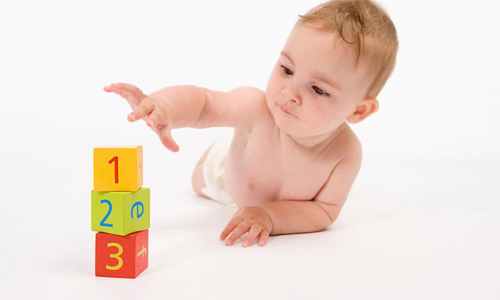Live
- India ranks 2nd on national index score among 29 countries: Report
- Not good to discuss politics in media: Karnataka Congress chief Shivakumar to leaders
- Schools, colleges reopen in six Manipur districts after 2-week closure
- India’s real estate sector growth outlook firms up: Report
- Steam Autumn Sale 2024: Great discounts on games like Red Dead Redemption 2, GTA 5 and more
- Pawan Kalyan Questions Authorities Over Rice Smuggling at Kakinada Port
- Death of 5 women post delivery in Karnataka govt hospitals, BJP seeks Ministers' resignation
- EPFO UAN Activation: Alert for EPFO Account Holders – Activate Your UAN by November 30!
- Freedom at Midnight Review: A Dry Historical Drama That Misses the Mark
- AAP's Chadha calls for RS debate on arrest of ISKCON priest, atrocities in Bangladesh










